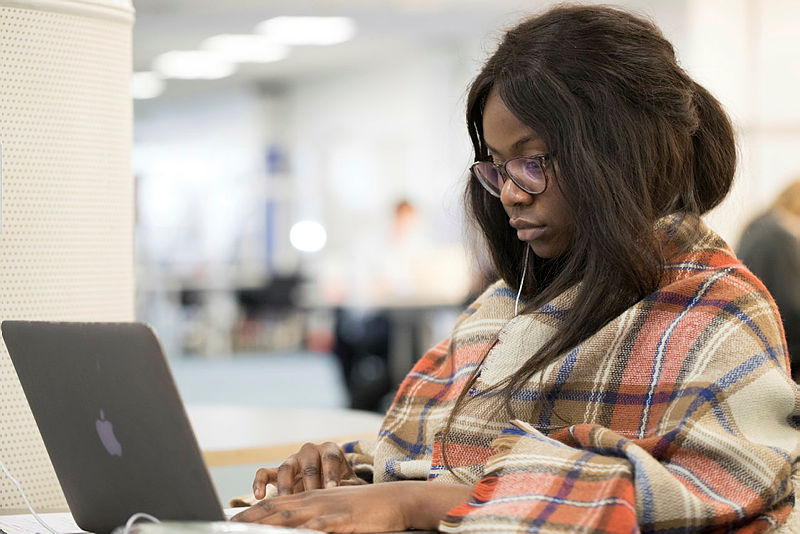Sometimes also called telecollaboration or Collaborative Online International Learning (COIL), Virtual Exchange utilises technology and the internet to connect students and academics with their peers across national borders.
No new technology is required, MS Teams or Zoom is sufficient. Developing a project doesn’t have to mean a dramatic rethink to curriculum – just working collaboratively with academic partners to plan, design and guide students on their virtual team project. Assessment is done by the home university, so it doesn’t require grade conversion from another university system.

